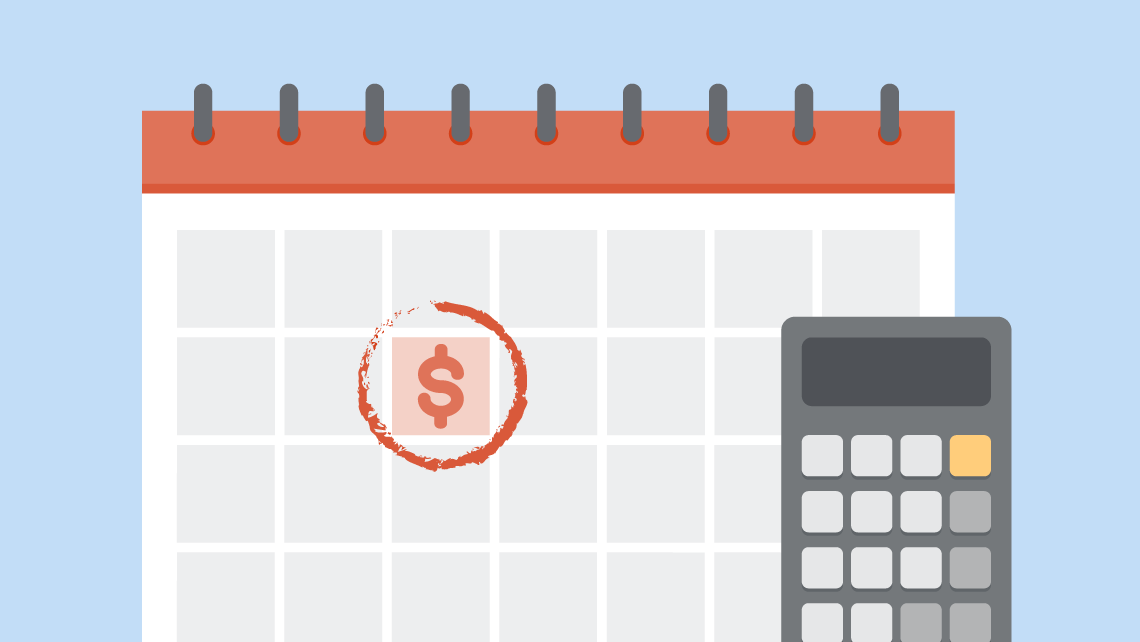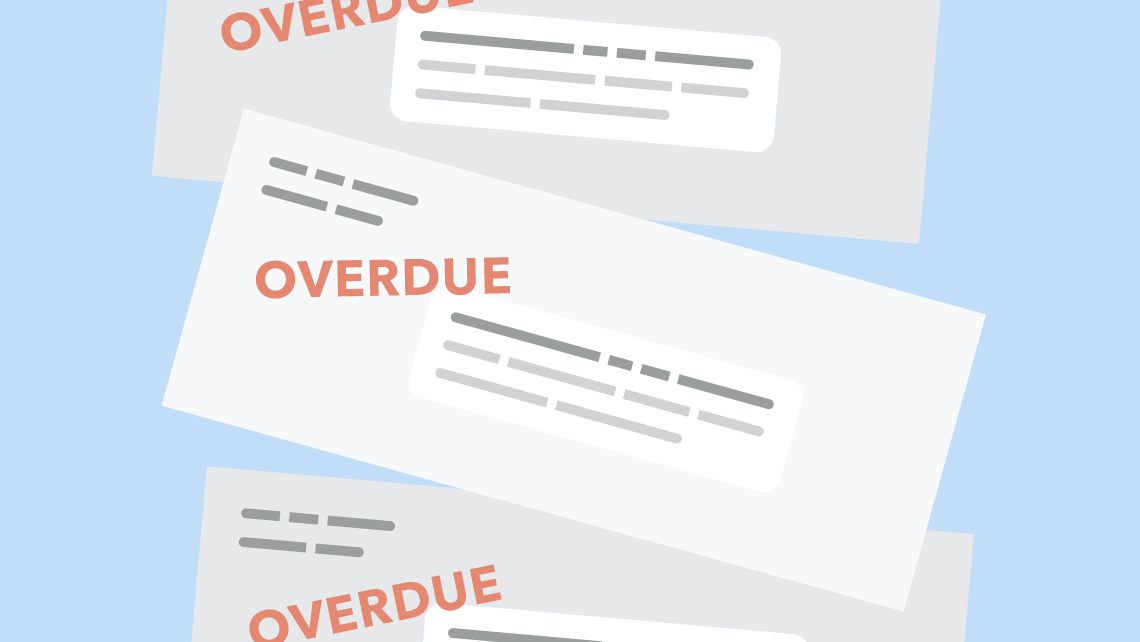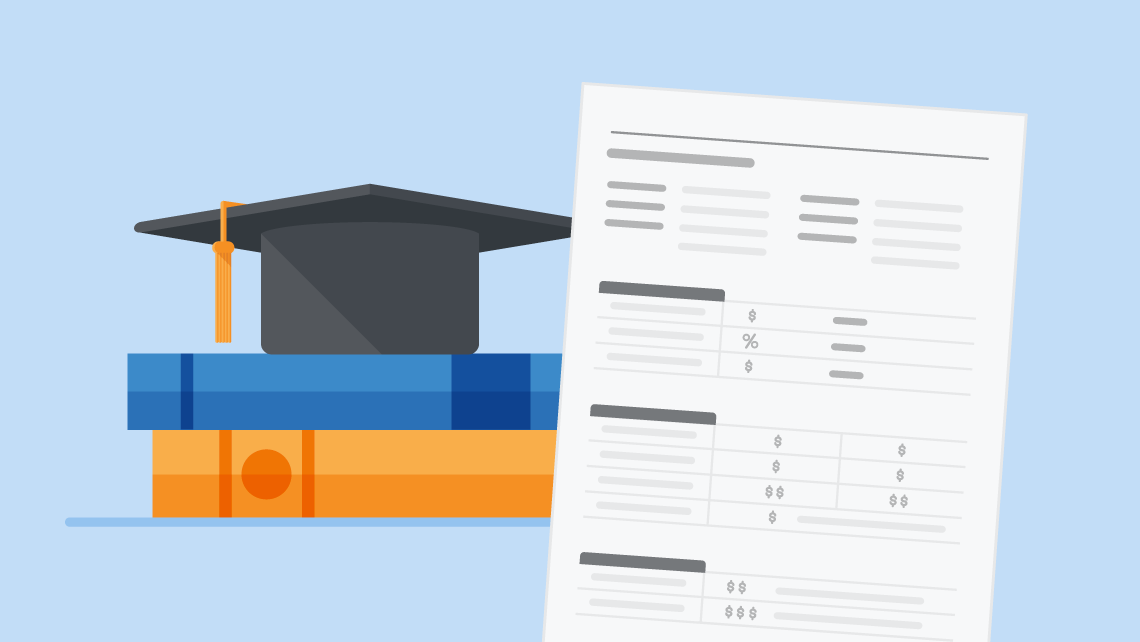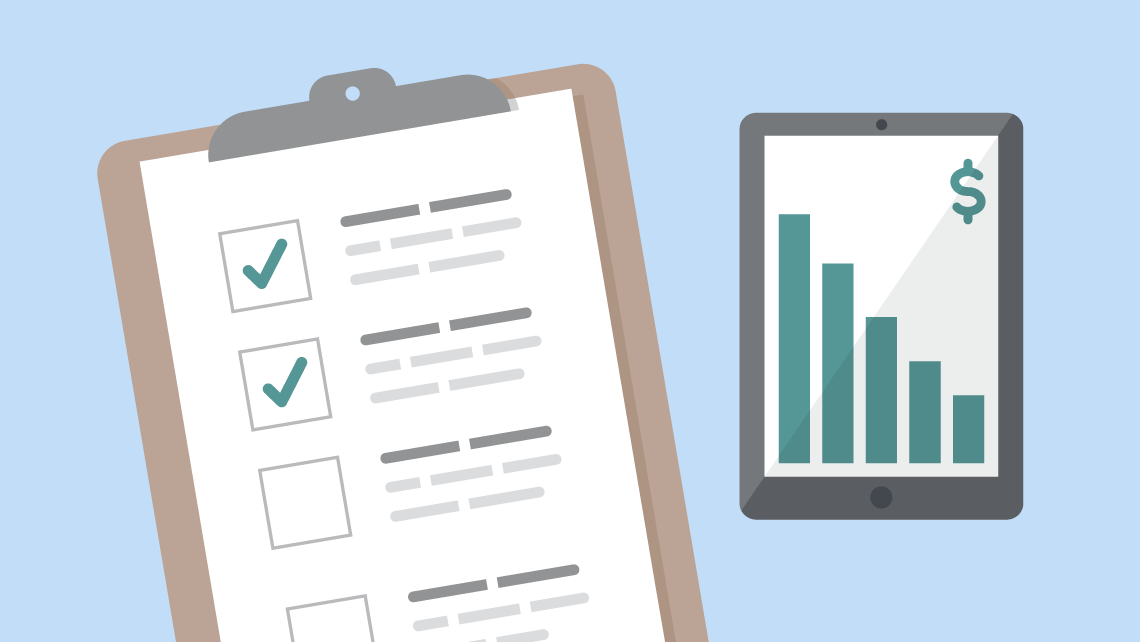Options for repaying your federal and private student loans
Federal and private loans offer different options. Your strategy should account for these differences.
Find answers for your situation:
What if the payments are too high on my federal and private student loans?

You’re not alone if you’re struggling to make payments. You have options to improve your situation, but it's important to act quickly.
First, talk to your servicers about lowering your payments
Your options will vary depending on whether your loan is federal or private, and other details of the loan agreement.
Federal student loans: Federal loans offer a variety of income-driven repayment (IDR) plans that base your payment on your income and household size. You could pay as little as $0 per month. Use the Education Department’s Loan Simulator to choose the right plan for you.
Once you're on an IDR plan, stay on track with our tips for managing IDR plans.
Private student loans: When you ask your lender for relief, it may help to show what you can pay. Organize your evidence, including bank statements and other bills. A careful budget may help you make your case for lower payments. Private student loan lenders are not required to offer you any relief, so you may need to show proof. Responsible lenders will want to work with you to help you stay out of default.
Then contact your servicer to ask if they offer options for reducing your payment. You may find it less stressful to make the request by letter or email. Here’s a sample letter requesting a lower payment that you can adapt to your situation. (You can also use it as a script if you decide to use the phone.)
Know what you’re signing up for
If your servicer can offer you relief, you’ll want to make sure you understand the potential consequences. Here are some questions to ask your servicer:
- Will I be charged any sign-up fees? Is any paperwork required?
- When will this start? Do I need to make my next payment?
- How long will this last? If I still can’t afford my payments when this relief ends, can I request an extension?
- How much extra interest will this cost me in the long run?
If your servicer is only offering to pause or postpone payments, also known as forbearance, then you may want more information:
- Will interest continue to accrue during the forbearance?
- Will interest be capitalized when the forbearance ends? (Capitalization adds the interest to the principal balance, meaning you will pay interest on interest.)
- How will the missed payments be made up? Will my monthly payment go up or will I keep making payments beyond my original payoff date?
If you have a co-signer, let them know you're struggling
If a parent or other family member is on your loan, let them know if you are in danger of missing payments. Any missed payments could hurt their credit, too.
Next, avoid risks and wasting money
- If you need more help, don’t pay for it. There are many ways to get free assistance with figuring out your loans.
- Don’t use other debt, like credit cards or home equity, to pay off student loans.
- Only go back to school if it will pay off.
- Find out more about these and other ways you can avoid scams and wasting money.
Explore other situations
- See tips to pay off your student debt faster
- If you're in the military or work for a government or nonprofit organization, learn about public service loan forgiveness
- Have another type of loan? Review options again for more advice
How do I get federal and private student loans out of default?

You’re not alone if you've missed payments and your student debt has gone to collections. It may feel overwhelming, but you can take steps to regain control of your situation.
First, gather your options
Don’t panic if you’ve received a letter from a debt collector after missing payments on your student loans. This is called default. It takes about 9 months of no payment for federal loans to go into default, and 3 months for most private loans. You can get your loans out of default and back on track.
Once you get proof that you legally owe the debt, your options will depend on whether your federal or private loans are in default. Learn about your other rights in debt collection.
- How to get federal student loans out of default: There are generally two options, rehabilitation and consolidation . Rehabilitation is better for your credit, but consolidation is faster. Contact your servicer to discuss your options.
- Note: Do not consolidate Parent PLUS loans with other federal student loans. You will lose repayment plan options and restart the clock on PSLF and other forgiveness programs.
- How to get private student loans out of default: You’ll need to ask your lender or servicer to find out your options. For instance, you may be able to set up a payment plan. If you have a co-signer, let them know you’ve defaulted and what you’re doing about it. This will show up on their credit report, too.
Act quickly. Defaulting on a federal loan can result in consequences like garnishment of your wages, federal tax return, or Social Security. Private student loan collectors can sue you but cannot intercept your tax return.
Next, make a plan to prevent future default
- Get everything in writing.
- Get payments you can afford. Federal loans offer income-drive repayment plans with payments as low as $0 a month. Private lenders may be willing to reduce your payment; here’s some sample language to help you ask .
- Understand the consequences before you request a pause in payments.
Explore other situations
- See tips to pay off your student debt faster
- If you're in the military or work for a government or nonprofit organization, learn about public service loan forgiveness
- Have another type of loan? Review options again for more advice
How should I get started paying my private and federal student loans?

Understanding the differences between your loans will help you set yourself up for success.
First, choose a strategy for paying off your student debt
See how well your loan payments fit in your budget. If it looks like you’ll struggle, reach out to your servicers now. If you have room for extra payments, consider these strategies for getting out of debt.
Take advantage of the federal loan programs you qualify for. The U.S. government runs several programs for student loan forgiveness that generally depend on your choice of career or employer. If you qualify for one, that will probably influence your debt strategy.
Choose a federal repayment plan that supports your goals. Unlike most private student loans, your federal loan offers several repayment plans. Use the Education Department’s Loan Simulator to compare plans and find the one that's best for you. (If you choose a plan based on your income, these tips can help you stay on track.)
Then, save time and money paying your loans
- Keeping good records is crucial with multiple loan types and servicers.
- Set up direct debit (aka auto-pay) to get your federal interest rate reduced. Your private servicer may offer a similar incentive. Servicemembers are entitled to have their interest capped at 6%, or 0% while serving in hostile territories. Learn more here.
- Consider consolidation if you have multiple servicers for your federal student loans. Having one servicer will make it easier to stay on top of your payments, but your interest rate may increase slightly due to rounding.
- Pursue a lower interest rate or co-signer release once you build up a good track record with your private loans.
Explore more situations
- See tips to pay off your student debt faster
- If you're in the military or work for a government or nonprofit organization, learn about public service loan forgiveness
- Have another type of loan? Review options again for more advice
How can I improve my strategy for paying off my federal and private student loans?

If you're already making your student loan payments on time and in full, congratulations! This is a great step towards financial stability. Still, there may be some ways to make the process easier and cheaper in the long run.
First, review your debt repayment strategy
These steps can make sure that you’re not wasting any money or missing any opportunities. Starting with the easiest and quickest:
- Enroll in direct debit if it reduces your interest rate discount. You can ask your servicer to change your due date so it aligns with your pay schedule.
- Extra payments will get you out of debt faster, saving you interest and stress. See if there’s room in your budget for extra payments and use them strategically. Remember to:
- Tell your servicer to apply them to your principal .
- Look for better terms on your private loans. You may be able to refinance into a lower interest rate.
- Or you may be able to apply for co-signer release.
Think carefully before refinancing federal student loans into private loans. A private lender may offer a lower interest rate. However, you will lose the flexible repayment options and borrower protections offered by federal student loans.
Next, avoid future trouble
- Don’t use credit cards or home equity to pay off student loans.
- Do not share your studentaid.gov login information with anyone.
- Learn why and check out more ways to avoid scams and wasting money
Explore other situations
- See tips to pay off your student debt faster
- If you're in the military or work for a government or nonprofit organization, learn about public service loan forgiveness
- Have another type of loan? Review options again for more advice
